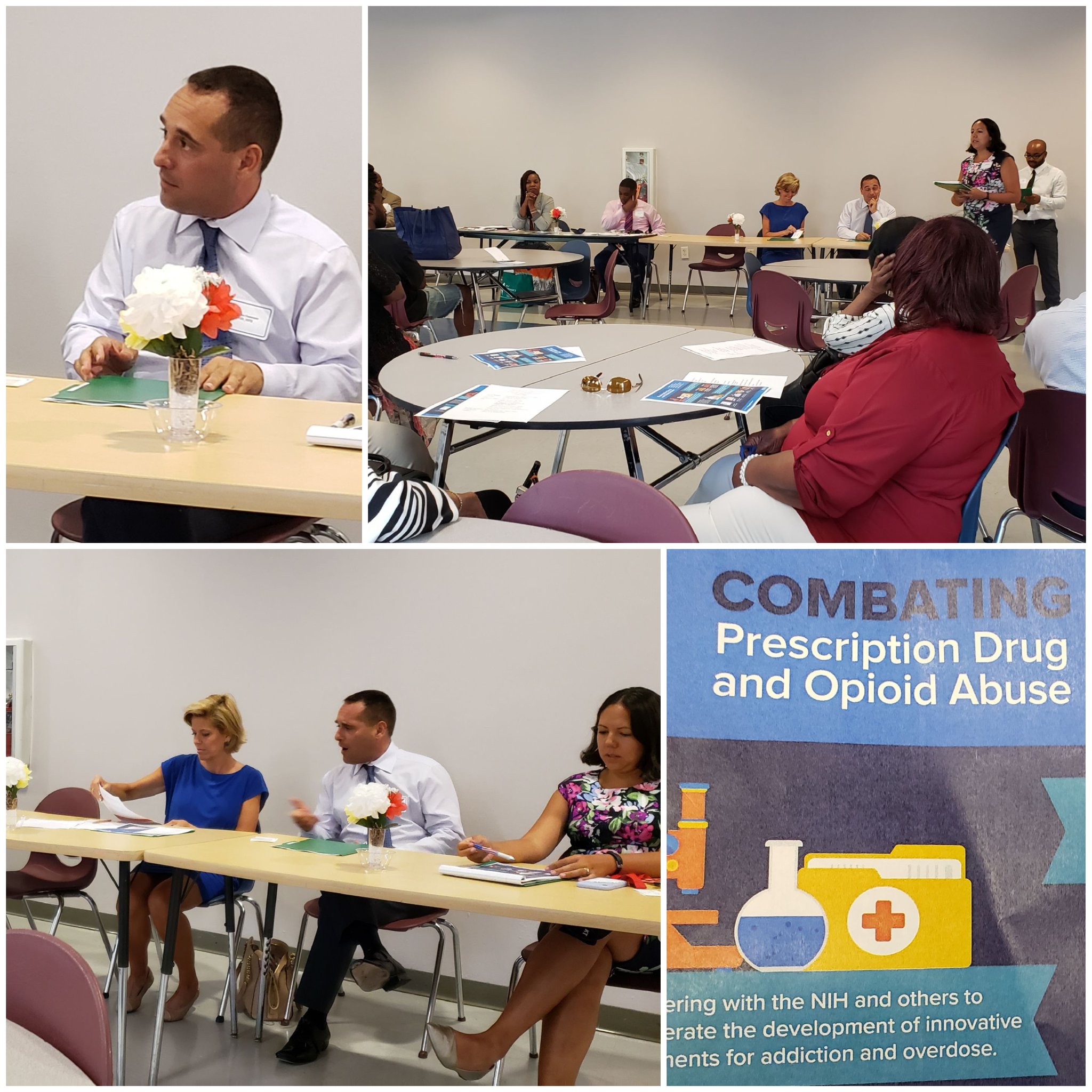Opioid Policies

Much like the rest of the United States, residents of the District of Columbia are struggling with substance use disorder (SUD) rate increases and high rates of opioid-related deaths. Unfortunately, these are multi-faceted issues that require year-long initiatives and systematic programs to address the myriad causes of addiction.
MSDC stands as a partner to the District government and private entities to help arrest the rates of opioid and substance abuse in the District. Through our advocacy for better prescribing practices, education on addiction, and even helping our own community through our Physician Health Program, MSDC is working to make DC a leader in reducing SUD, OUD, and addiction.
On a related note, MSDC is passionate about helping patients make prescriptions and medication more affordable. Whether expanding access to biosimilars or advocating for more affordable co-pays, MSDC wants to help our patients afford the medications they need.
MSDC Statement and Testimony on Opioid and Prescription Issues
25th Council information coming soon
The Granite Anniversary of Doctors’ Day Symbolizes Physician Strength and Brilliance
Today is the 90th anniversary of National Doctors Day, an annual observance to thank doctors for the life-saving contributions they make to public health. Granite, the stone that commemorates a 90th anniversary, is fitting for doctors today and every day; they are both strong enough to bear significant weight and display brilliance when under pressure. The Medical Society is inspired by the strength and brilliance of District doctors today, as it has been every day since its founding in 1817.
Doctors' Day was first conceived by Eudora Brown Almond, wife of Dr. Charles Almond, as a day to honor and give thanks to physicians. It took place on March 30, 1933, coinciding with the anniversary of the first administration of anesthesia by US physician Dr. Crawford Long. For the past 90 years it has served as an annual reminder of the role that physicians play in our lives and society at large.
Doctors are at the forefront of many issues of national debate. Unfortunately, delivering life-saving care while navigating hot button issues, has taken a toll on physician wellbeing, making Doctors’ Day more important than ever. Physicians face increasing moral injury and administrative overload, and too many are leaving the workforce, putting additional pressure on those who remain. Regrettably, physicians die by suicide at twice the rate of the general population, according to the Dr. Lorna Breen Heroes Foundation. A message of appreciation can have a strong positive impact on their wellbeing.
MSDC is inspired by District physicians, especially our physician leaders, who have persevered throughout the pandemic and many other healthcare crises. MSDC President Susanne Bathgate, MD, shared her reflections on this day of thanksgiving:
To my DC physician colleagues, thank you for all that you do today and throughout the year. I am humbled to work in the District of Columbia amongst a community of physicians who work so tirelessly and care so deeply about the health and wellbeing of the residents of our region. In recognition of this Doctors’ Day, please remember to take good care of yourself as well as your patients.
Here are several ways to recognize physicians on Doctors Day and throughout the year:
- Give a doctor a red carnation, the official symbol of Doctors’ Day.
- Thank a medical doctor. Not just your own, but any doctor you meet or know.
- Post a message of thanks on social media. Use the hashtag #NationalDoctorsDay
- Make the feeling of thanks last beyond today. Thank your doctor every time you visit.
- Remember that behind the strong, brilliant facade, doctors may be at risk. Visit www.healthyphysician.org for wellbeing support.
- Recognize your role in good health. Maintain regular health appointments and follow your doctor’s treatment plan.
Sample of Legislation MSDC Tracked on Opioid and Prescription Policy
What does it do? The bill authorizes licensed pahrmacists to dispense interchangeable biological products and requires notifications to physicians when such interchangeables are dispensed.
MSDC position: MSDC has a position of priority support on this legislation, identifying its passage as one of its highest legislative priorities.
Current status: SUCCESS. The bill was passed by the Council and signed by the Mayor.
What does it do? The bill requires prescription opioid medications to include a statement that the drug is an opioid and opioids may cause dependence, addiction, or overdoes.
MSDC position: MSDC supports the legislation.
Current status: The bill had a hearing before the Committee on Health on July 29, 2020. MSDC leader Dr. Sam Kareff testified for the Medical Society. It passed the Council on November 10 and was signed by the Mayor December 7.
What does it do? The bill prohibits insurance companies from factoring the use of PreP in decisions related to disability, life, or long-term care policies.
MSDC position: MSDC supports this legislation
Current status: The bill was introduced on January 8, 2019 and assigned to the Committee on Business and Economic Development.
